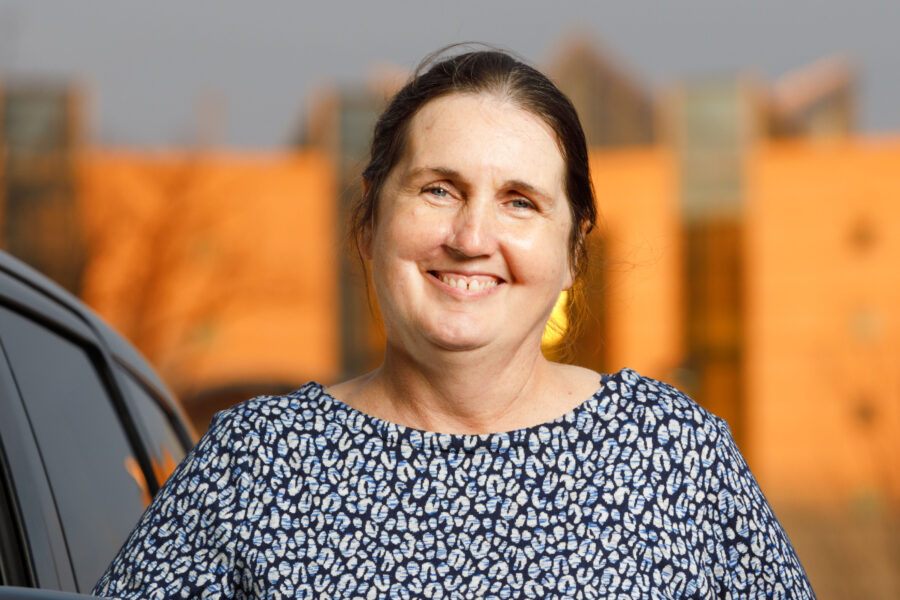Rachel Ray is the Munroe-Meyer Institute-University of Nebraska at Omaha College Trailblazers program director.
It was a crisp October morning in 1998 when I first walked into the Munroe-Meyer Institute with my husband and son. As we waited for my son’s specialized genetics clinic appointment, a man leaving his own appointment paused by my son. He turned to me and said, “Have hope. He could be quite the trailblazer one day.”
I have often reflected on those words and the hope they instill. It was no coincidence 20 years later, when deciding the name for our inclusive postsecondary education program, I knew that Trailblazers was the perfect name.
The end of high school and transition can be a scary time for students with disabilities and their families. When determining next steps, planning for the future can be daunting, as opportunities can seem limited, especially for inclusion. I am proud that the Munroe-Meyer Institute and the Trailblazers Programs strive for more students, families and professionals to realize that college is possible for students with intellectual disabilities. We are changing expectations and challenging our students to think higher by considering college and integrative, competitive employment.
As I reflect on the past five years of the Trailblazers Programs, we have indeed blazed many trails. Since 2018, we have served more than 300 students in our programs. We have had seven students pursue postsecondary education certificates, and our first student is graduating from our four-year pilot program. This year, 53 students have received college and career exploration assessments and services, and close to 90 youth and adults with a wide range of disabilities have received career readiness, skills training and pre-employment opportunities. Our 2023-24 MMI-UNO Trailblazers College Program cohort will enroll at UNO this month, and in the fall, we will expand our programming to include a research-based, functional skills curriculum and assessments of career potential and employability skills.
While I am very proud of these accomplishments, the most inspiring thing about our programs is that our students are growing into advocates that are shattering stereotypes while elevating the voices of the historically marginalized. Whether it be on college campuses or within the workplace and community, our students are raising expectations as they build a more inclusive world for adults with disabilities. What a trail they are blazing! Because of their hard work and advocacy, that trail will only get wider and easier to access for the next generation of students.
